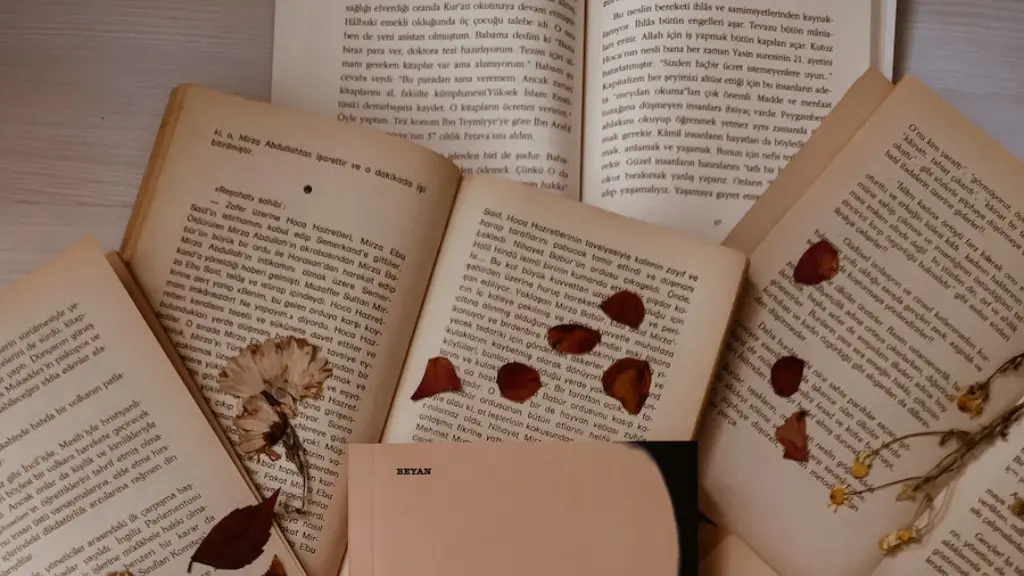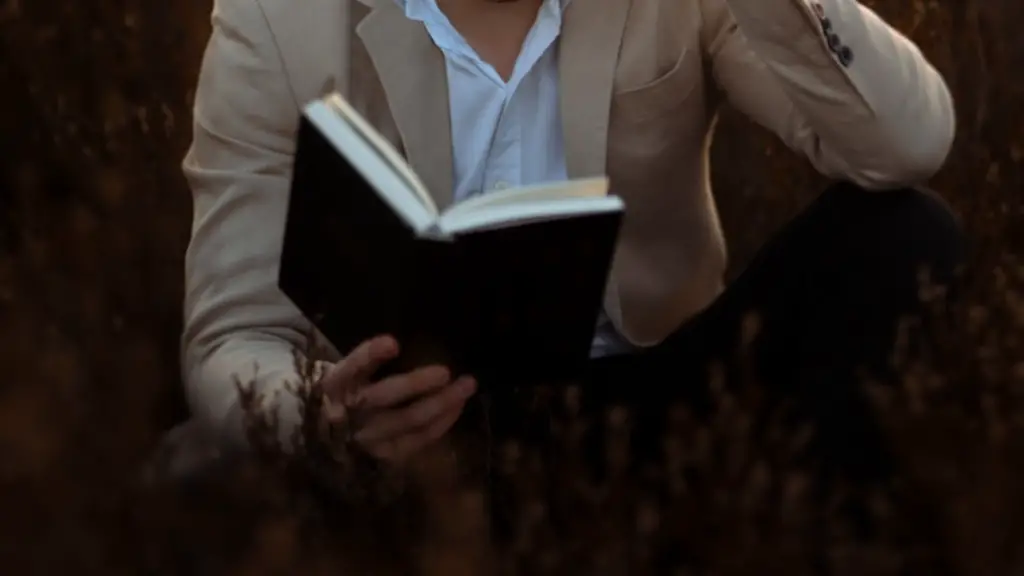Prose vs Poetry
Literature is a vast form of expression and one of its most popular branches of writing is poetry and prose. It’s easy to distinguish the two as they possess two distinct methods of conveying thoughts, insights, imagination and skill. Prose represents an everyday form of writing, its messages are more realistic and direct, and its sentences often contain long-winded sentences that carry a sense of narration. Conversely, poetry carries an air of mystery and its messages are not as clear cut or direct. This article seeks to describe the differences between prose and poetry and analysing the features of each writing style
What is Prose?
Prose is a form of written language which is not focused as much on evoking imagery as it is in conveying a message through more direct language choices. Prose is often associated with storytelling and presenting arguments in a essay or novel form. Prose can come in the form of short stories and plays, too. Authors of prose construct their words in a manner that hold the reader’s attention by drawing a logical conclusion – basically retelling a story, implanting ideas. Prose can often be seen as dull, as it consist of simple sentences, however, if written well, prose can be captivating and truly draw the reader in and evoke emotion.
What is Poetry?
Poetry is said to be the purest form of literature, and those who create pieces are normally deemed as poets. Poetry is usually written with the purpose of capturing and preserving certain emotions, ideas and events into a poignant and aesthetically pleasing format. Poetry is known for its use of synecdoche, allusions,assonance,similes and metaphors as it focuses on the musicality of words and their ability to create imagery to pictures. A good example of this is “Lives of great men all remind us We can make our lives sublime” by Henry Wadsworth Longfellow. Poetry often follows different stanza and rhyme schemes, where multiple lines come visually together.
The Key Difference Between Prose & Poetry
The primary difference between prose and poetry is how they are formatted. Poetry is structured, condensed and often includes rhymes, whereas prose is written in a generally freeform structure with no rhyming scheme. Additionally, prose stories often use everyday language while poetry employs words to evoke a desired emotion or feeling. It has also been observed that prose text is much longer and more detailed than poetry, which requires little explanation.
The Audience
The intended audience for poetry and prose is quite different. Prose is usually aimed at the masses, hoping to attract attention from readers in general. Poetry on the other hand is usually written for a more elite or select audience, or for those with a strong appreciation for literature.This results in a higher degree of obscurity for many pieces of poetry as language and structure are used to appeal to a certain aesthetic.
Analysis & Synthesis
For prose, the main focus is on presenting a well-constructed argument, having a clear destination and although it is capable of delivering deep messages, prose’s main strength lies in its use of analysis. Poetry on the hand relies heavily on synthesis, which is the ability to bring together information in a creative manner to deliver a singular message or emotion. This synthesis is what makes poetry so powerful and captivating, as well as offering an escape for those very desired emotions.
Observations
It is visible that prose and poetry both have their own unique strengths and weaknesses, but they both share one common denominator and that is to captivate the reader through words. Poetry’s charm comes in many forms, but most of all its use of rhythm, which prose often lacks. Prose is also lack luster at evoking emotion, however it more than covers in the usage of analysis and clarity. These two opposite forms contrast each other and remain two of the most beloved and sought after forms of literature.
Impact of Prose & Poetry
Both prose and poetry has had a profound impact in the world, especially within the literary community. Prose has provided us with stories which we have come to love and cherish, from the famous stories of Mark Twain to the works of Ernest Hemingway. Poetry has had an equal impact, in allowing its readers to escape, process and reflect on unknown emotions with intense imagery and hidden messages. Both forms provide a peaceful retreat from the world and allow us to capture, analyse and share our deepest emotions without judgement or criticism.
Legacy of Prose & Poetry
In the world of literature, there are many forms of expression, and prose and poetry remain two of the most interesting and affecting. Prose stands out with its ability to present information in an coherent and logical way, while poetry’s superpower is its ability to captivate an audience with imagery and emotion. These two forms have been around since the beginning of time, and the beauty and joy they bring to the world is immeasurable. The legacy of these two forms will remain alive for centuries to come, as they continue to captivate the minds of people around the world.
Conclusion
Both prose and poetry are two of the most powerful and captivating forms of literature, and both have their own individual strengths and weaknesses. Prose is great for its logical narrative and plain language, while poetry wrings out and extracts even the most hidden of emotions. Both forms provide an escape from the world and a way of expressing themselves in a manner that speaks to countless people. They remain two of the most beloved and sought after forms of literature, and will be for at least years to come.


